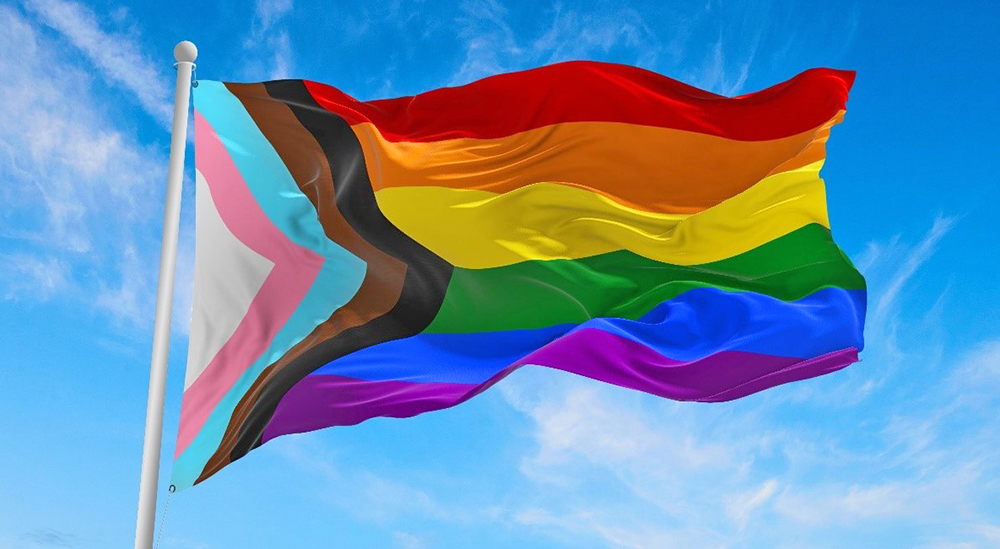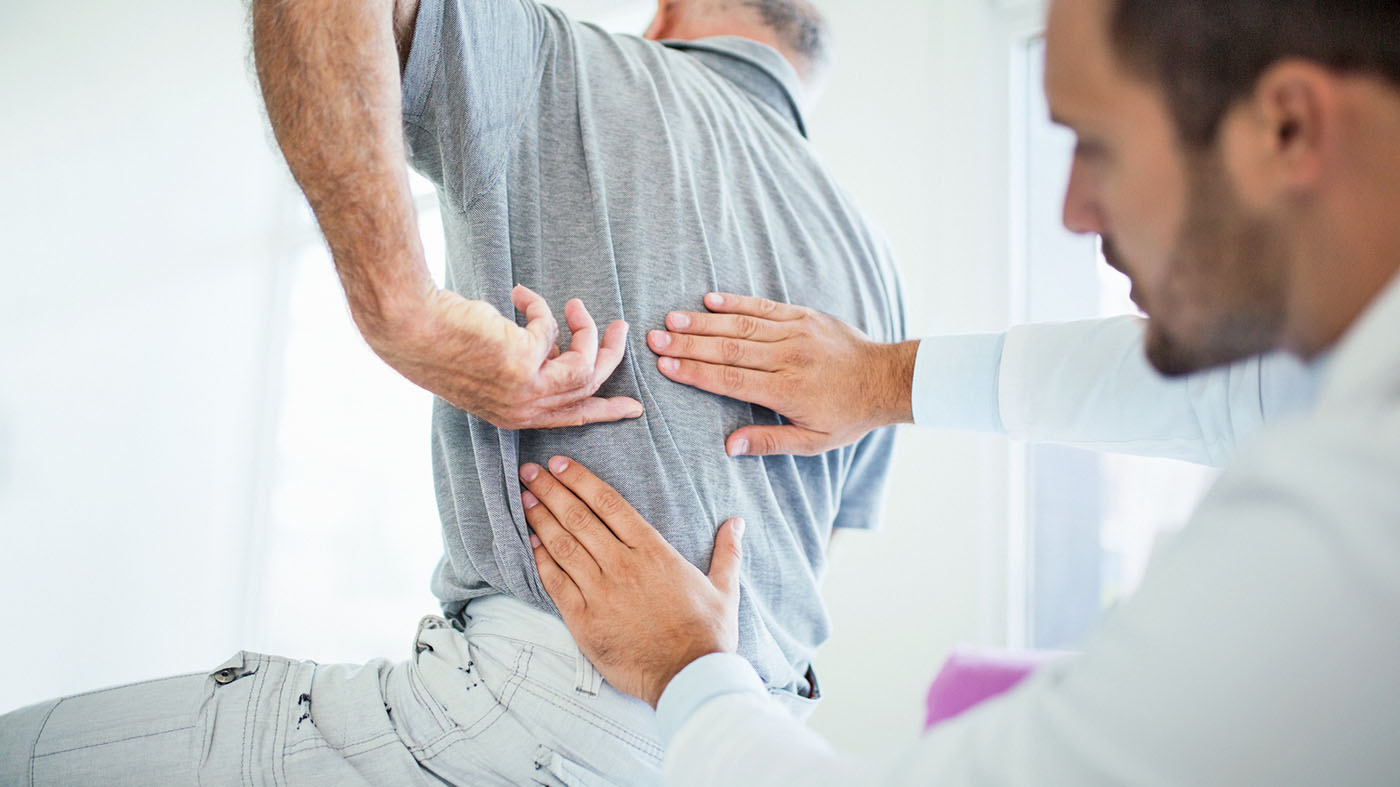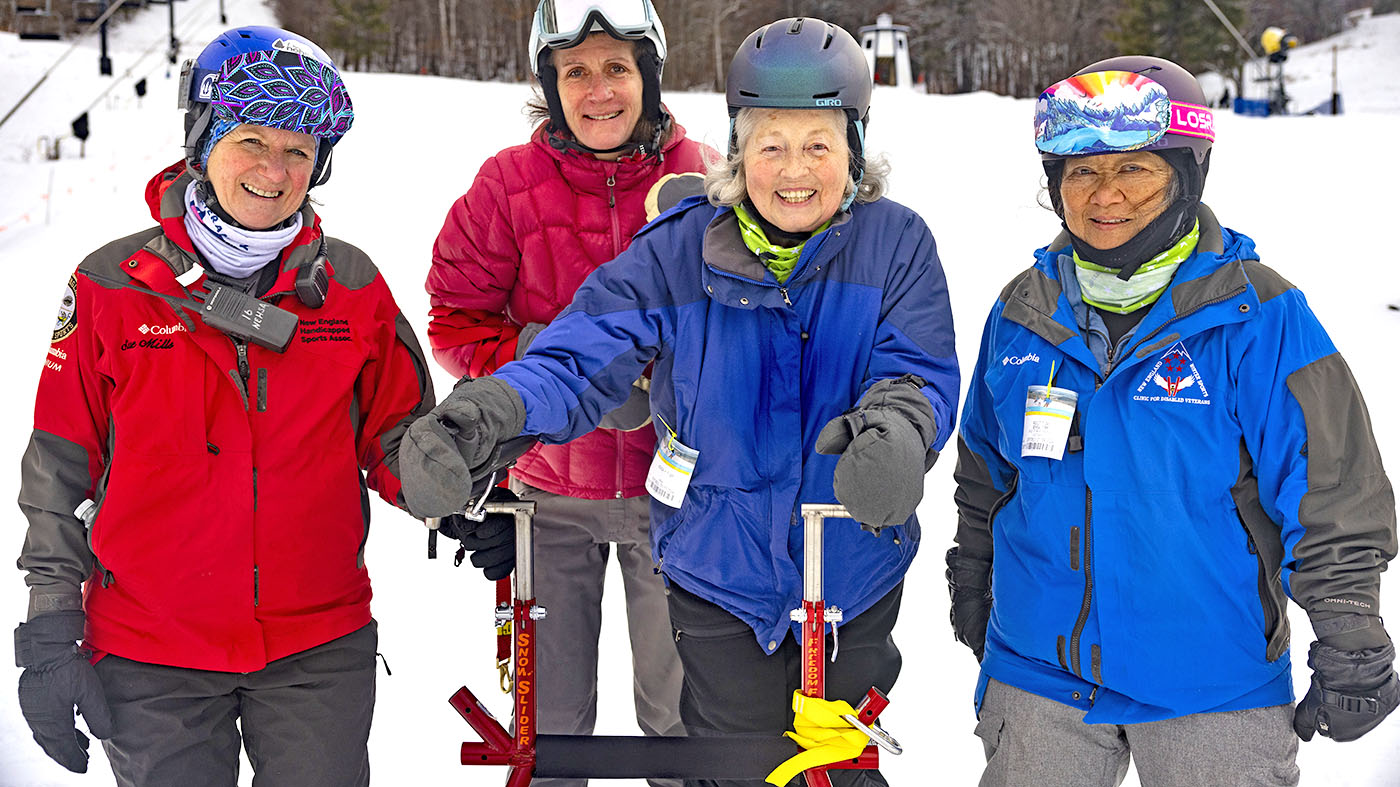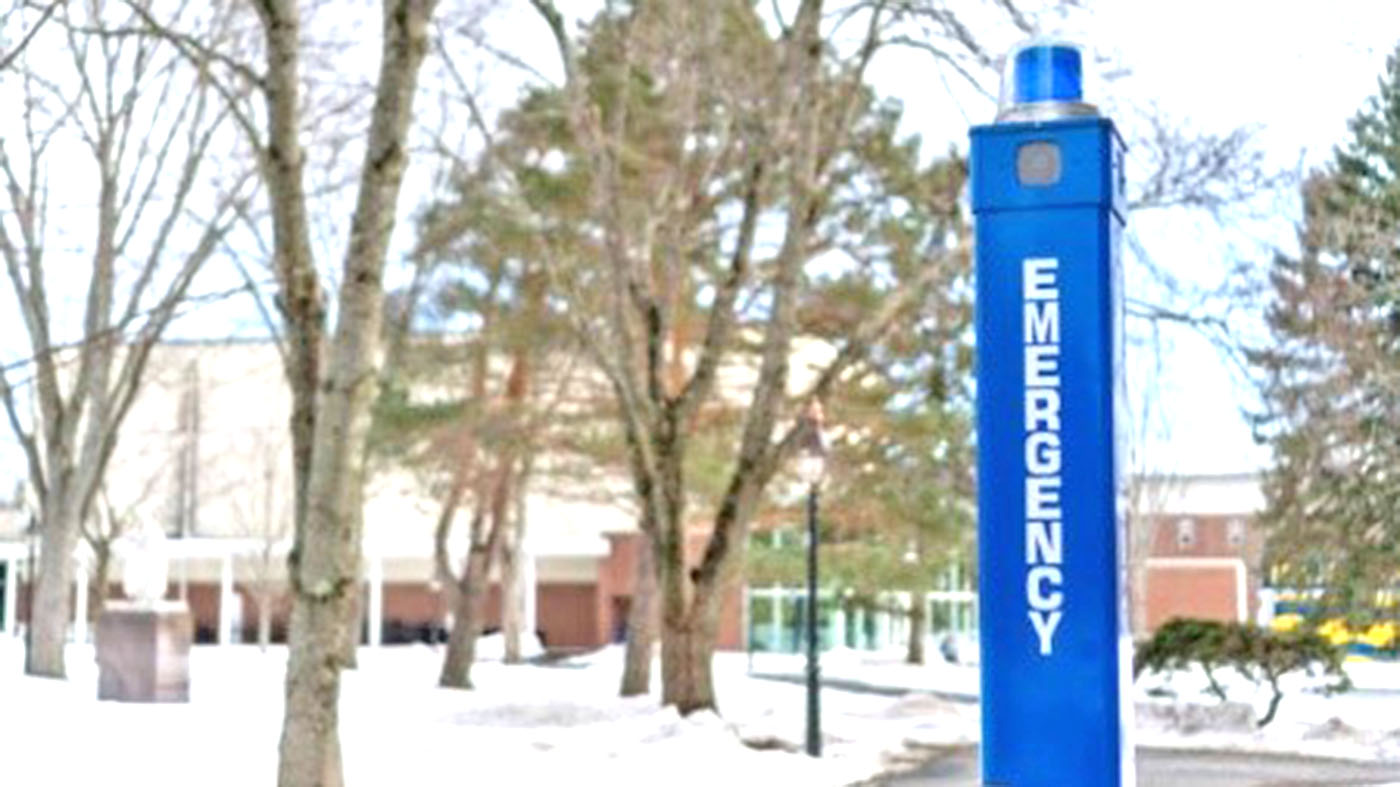According to Disabled American Veterans, there are approximately 1 million LGBTQ+ Veterans in the United States.
VA strives to be a national leader in the health and well-being for LGBTQ+ Veterans and to deliver care that fits each individual’s unique needs. VA’s National Center for Healthcare Advancement and Partnerships (HAP) works with the LGBTQ+ program to support diversity and inclusion-driven initiatives for all Veterans. A VA team which includes HAP is collaborating to support VA’s 2021 promise to expand gender-affirming care for transgender and gender-diverse Veterans.
“Our mission to provide exceptional care to Veterans”
“Increasing awareness about the issues faced by LGBTQ+ Veterans is a fundamental aspect of our mission to provide exceptional care to Veterans,” said Dr. Jamie Davis, VA health system specialist.
To help shed light on a variety of perspectives and gain a deeper understanding of the diverse needs and experiences of the Veteran community, HAP interviewed Deedee Lynn Fulcher, a facilitator for the Transgender Care Coordination Integrated Project Team Veteran Experience Workstream. Fulcher is a Marine Corps Veteran and a transgender woman who served for 12 years.
Fulcher knows first-hand about the challenges the LGBTQ+ community faces in their personal lives, in the workplace, and in their access to health care. In her story, she shares how she found support in her VA community.
Q: What is your background/story?
A: I grew up in a very conservative family. I was named after my dad, David Lynn Fulcher Sr., who was my hero. I am the oldest of three kids. Living in the country, we were a very close family. As I grew up, at age five or six, I knew something was different about me. To prove how macho I was, I got into sports: baseball, football, wrestling, cross country running, basketball, tennis, golf, showed horses and raced motorcycles. I was very good at all of them. I was a champion in several of them and that was my way into the popular crowd in school. One year, I even wrestled for the Marine Corp team.
Q: What is your military background?
A: I joined the military because I wanted to serve my country and to get out on my own. And the Marines were the best.
I served in the Marine Corps from 1980 to 1992. I was a radio operator, maintenance manager, radio chief, embarkation NCO and communication chief. After 7.5 years, I moved into aviation and worked on Huey and Cobra helicopters. I served during Beirut, Granada and Desert Storm.
Q: What was your overall experience as an LGBTQ+ person in the military?
A: When I served, you did not talk about or let it be known that you were gay or transgender, or you would be kicked out of the service.
Q: Did you have any support along the way?
A: Since I didn’t transition until I was 52, I did not have much support. I kept it hidden until I had to face it and deal with it. The place I found help and support was VA. My therapist found that VA had a transgender support group, which I thought would be the last place I could get help. I made an appointment to see a therapist and attend the support group. To my surprise, there were several transgender Veterans in the support group and I was welcome with open arms. I found VA offered a lot of care and support for transgender Veterans.
I applied at VA and was hired as a medical support administrative. I had a few co-workers who didn’t know about working with a transgender person, but after a while, and by answering questions they had, they were very supportive. My coworkers are my extended family. They have been there for me during tough times.
Q: How has the military changed over the years, and have you seen any progress?
A: It has definitely changed. Now the people in the military can be more open about their sexuality and gender, although it is still looked down on in some units. They can get medical care that was not offered when I was in. Also, I think people are noticing that as long as you can do the job, it doesn’t matter what your gender or sexuality is. VA has come a long way in the past few years from where it was when I got out of the Marines.
Q: What do you enjoy about your current role?
A: I started working at VA six years ago, after I lost the job I had for 16.5 years because I came out as transgender. I am member of the LGBTQ+ committee here in Southeast Louisiana VA. I am also co-leader and facilitator of the TCC-Veteran Experience Work Group. I probably get the most enjoyment in helping my fellow Veterans and helping to make changes for the better at VA.
For more information on the VHA LGBTQ+ health program, visit https://www.patientcare.va.gov/LGBT/.
HAP facilitates partnerships that support Veterans and their families with quality health care. For more information about HAP, visit https://www.va.gov/HEALTHPARTNERSHIPS/index.asp.
Topics in this story
Link Disclaimer
This page includes links to other websites outside our control and jurisdiction. VA is not responsible for the privacy practices or the content of non-VA Web sites. We encourage you to review the privacy policy or terms and conditions of those sites to fully understand what information is collected and how it is used.
More Stories
Spinal cord stimulation implantation helps Veterans suffering from chronic pain improve their quality of life without narcotics.
After Addison’s Disease and lumbar spine surgery, nurse Veteran Gayle Smith re-learned how to ski. “You have more courage than you think.”
Follow these 10 winter safety tips to stay warm, safe and protected during the cold winter.







TY for your service.
In America you have the riight to be anything you want to be.
However, trying to convince the rest of us you should have been a woman instead of a man that you are, is absurd.
I’m born female and stayed female. Let’s not be shocked! It is not a trend and it is not “wrong”. It’s how it has always been, with terrible suffering. We’re learning more, that’s all. Anyway, I was USAF 64-69. I then spent 30 years in San Francisco. I worked beside Bambi, who would sigh and tell me, “Ooh, I’m PMS-ing!” I asked, “Bambi, do you bleed?” and she described the difficulty of getting the hormones just right. What a nightmare! I absolutely loved that beautiful lady! I worked with and did business with several other trans-gender people. A neighbor — a beautiful Chinese woman who had done modeling — worked as a consultant to help the newly female people dress, walk and act like refined women. So many things are shocking or a give-away if someone is trying to proceed gracefully. Short gloves on a lady who rode my morning bus showed a masculine wrist bone! If I saw her now, I would do the kind thing and pass her a note! Recently I met “Judi” in the VA pharmacy line. She lives just up the street from me. I wanted to be her friend, but he was a total jerk! The wig and boobs don’t make anyone into a beautiful and happy woman. Judi was married several times, fathered sons, and had lied about being homeless in order to get the nice apartment. Somehow she was still being a jock, looking for all kinds of sex, dressing like a hooker, enjoying shocking people. And not enjoying the apartment or doing the feminine things like hanging pictures, setting a table and cooking a bit. Sad when that happens. God bless them all!
Congratulations, I’m glad you found your way in your ’50s. It seems like your story is a common story when it comes to transgenders. I am also glad you found the support in the VA. Sounds like you’ve made a great second family there. As it should be.
You gota kidding me .sick sick .Is this what the military has become??
Did you forget that inclusion is a big part of the military. Remember your oath remember your integrity. There is no one perfect human being.